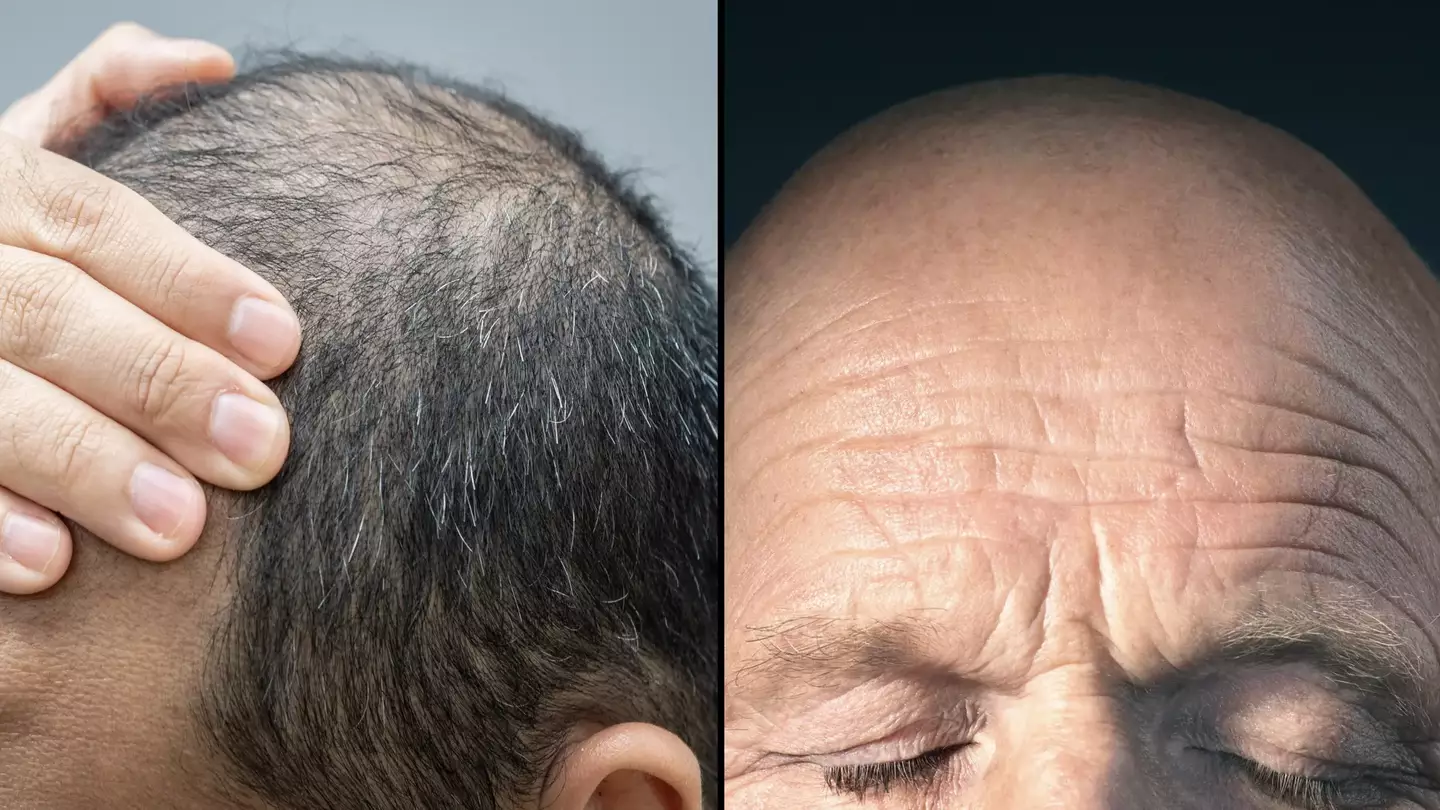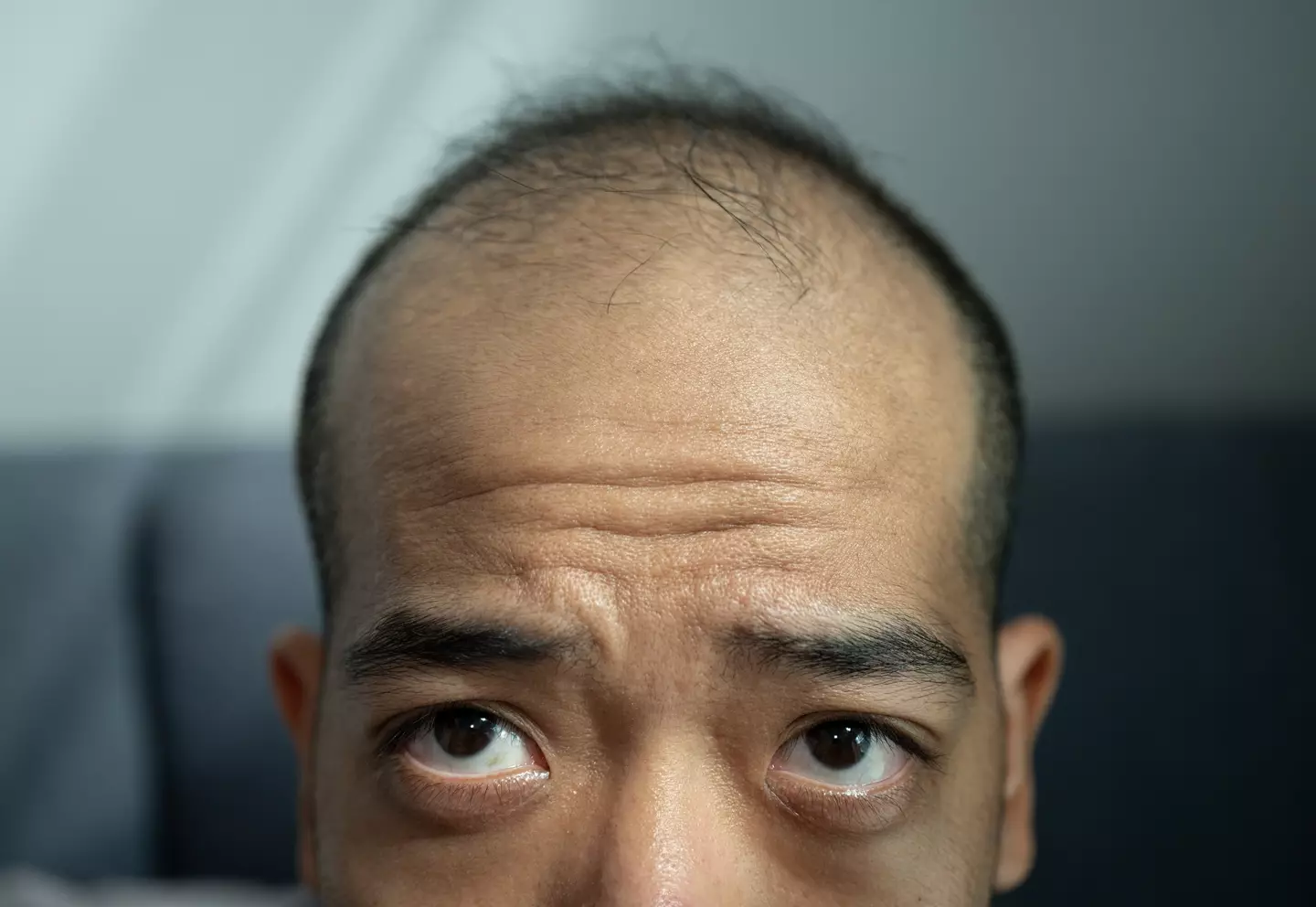
One day you’re running your hands through luscious locks of hair and the next you're suddenly patting a spot wondering where it’s all gone.
While some opt for the hairless life, others spend their waking days fearing the day they go bald.
And of course, unfortunately, it’s not always an ageing thing or a style choice, but rather the side-effect of a health condition or treatment.
However, experts have revealed a common lifestyle factor that could be the reason you find yourself bald.
Advert
Plus, with the Christmas parties kicking off, it’s likely you’ll be engaging in a fair bit of it. I’m talking about hitting the booze, obviously.

It’s been found that there’s apparently a link between regularly drinking alcoholic and losing hair.
Pusan National University researchers found those who engage in this are 1.4 times more likely to suffer from androgenetic alopecia (AGA).
Alopecia is the medical term for hair loss and can be caused by many reasons with the NHS saying it ‘is not usually anything to be worried about’.
Advert
It’s typically suggested that AGA is mainly driven by genetic and hormonal factors.
But Professor Yun Hak Kim, who led the study, added: “Individuals who consume alcohol may have a slightly higher likelihood of experiencing AGA compared to non-drinkers.”
The researchers are said to be first to review and analyse the links between alcohol consumption and AGA, finding that drinkers were 1.4 times more likely to have the condition than non-drinkers.
It is worth pointing out however that the researchers didn’t totally look at the reason behind the link.

Advert
“One hypothesis is that acetaldehyde, a byproduct of alcohol metabolism, may interfere with the scalp's immune environment—factors that could potentially contribute to AGA,” the team explained in a statement.
“However, this proposed mechanism remains speculative.”
The main hope is that these findings will lead to further research.
“Our research could inform public health guidance, patient counselling, and targeted awareness campaigns, helping individuals make informed lifestyle choices regarding hair health,” said Professor Kim.
“Over time, this could contribute to more comprehensive, personalised health strategies, where factors like diet, genetics, and lifestyle are better understood and integrated into prevention and treatment plans for hair loss.
Advert
“We hope this study paves the way for improved and personalised treatments for improving hair health.”
For a full breakdown of hair loss and its potential causes, go to the NHS site.